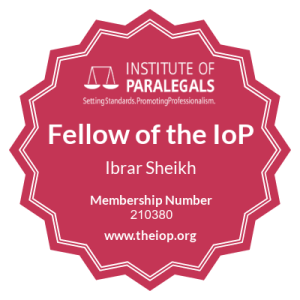The Law
How to calculate a fair financial divorce settlement
The aim of this section is to provide a guide to what the law says about calculating a fair financial settlement. Although there are varies guidelines and benchmarks defined in Family Law and clarified by Case Law, it remains notoriously difficult to work out a precise settlement.
We offer two ways for you to get an indication of what a fair settlement should be:
The Overriding Objective
The ancillary relief rules are a procedural code with the overriding objective of enabling the Court to deal with cases justly. Dealing with a case justly includes, so far as is practicable:-
- Ensuring that the parties are on an equal footing;
- Saving expense;
- Dealing with the case in ways which are proportionate:-
- to the amount of money involved;
- to the importance of the case;
- to the complexity of the issues; and
- to the financial position of each party;
- Ensuring that it is dealt with expeditiously and fairly; and
- Allotting to it an appropriate share of the Court’s resources, while taking into account the need to allot resources to other cases.
The Court must seek to give effect to the overriding objective when it:-
- Exercises any power given to is by the ancillary relief rules; or
- Interprets any rule.
The parties are required to help the Court to further the overriding objective.
The parameters
The factors that directly impact the shape of the order that a court is likely to make (if an agreement cannot be negotiated) include:
The length of the marriage
- Co-habitation versus marriage
- Co-habitaion before marriage
Income
- Earning capacity
- Ability to work / illness
- Support whilst re-training
The needs of each party
- What is really meant by need
- How is need calculated?
Conduct (if serious)
- What conduct is considered?
- How is conduct factored in?
Assets/Liabilities
- Matrimonial versus non-matrimonial assets
- Former Marital Home
- Pensions
- Cars
- Chattels (house contents)
- Debts
- Mortgage
- Loans
- Credit Cards
- Growth of assets since separation
- Disposal of assets
Contribution
- Contribution of the homemaker vs breadwinner
- What counts as an exceptional contribution?
Children
- Number of children
- Ages of children
- Educational plans / expectations for children
- Residency plans for children
Lifestyle during marriage
- House/Cars/Holidays/Private Schooling
- Typically, monthly expenditure during marriage
Compensation
- Main carer’s career sacrifice



